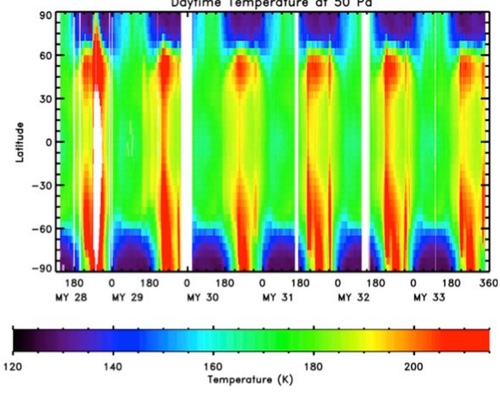Gary Latimer
EF2
I absolutely believe that was the primary cause. Conservatives hate Gore....That's the only difference I can find from the decade prior when conservatives were totally fine with losing the aerosol hair spray to save the ozone hole.
“Hate” is a strong word, and although I’m not a fan of Gore, I also don’t hate the guy (full disclosure: I voted for Bill Clinton & Obama for his first term in office). My opinion of Gore lies in his rhetoric and lack of his predictions being accurate.
That said, regarding the aerosol / ozone comments:
1. Yes, the U.S. managed to make major improvements in the area of fluorocarbon emissions from things like hairspray and air conditioner cooling agents and the like.
2. The US and some other countries have worked to reduce motor vehicle emissions as well which has improved air quality. I don’t think there is anyone that would dispute basic things like that.
The biggest issue I see, is that while the US may be the leader of cutting back hazardous emissions into the globe’s atmosphere, we are only one nation. We aren’t the “world.” So therein lies the issue:
How does the US impose tough EPA restrictions worldwide? Particularly if there are no economic advantages in other countries to do so?
I understand that my writing this puts geo-political topics right back on the table regarding climate change, but honestly, if the rest of the world isn’t playing by our standards, how much effect would something like the “Green New Deal” have if every other country isn’t held to the same standards?
Yes, certain countries like the US, Canada, UK, Australia, NZ and some other European nations might try to assimilate, but that would be ignoring major areas like China, Russia, India, Pakistan etc, that would have zero motive to play along.
It reminds me of banning plastic straws: The US could ban them permanently, however, it’s already been demonstrated that the major source of plastics in the ocean originate from nations that are not the US. So... then what?
As a side note: Given the sneak-appearance of Asteroid 2019 OK last week that caught astronomers off guard, and deemed it a city-killer, it seems that the biggest threat to our planet may not be the climate... it’s probably killer asteroids. Maybe. Idk... not my area of expertise.


